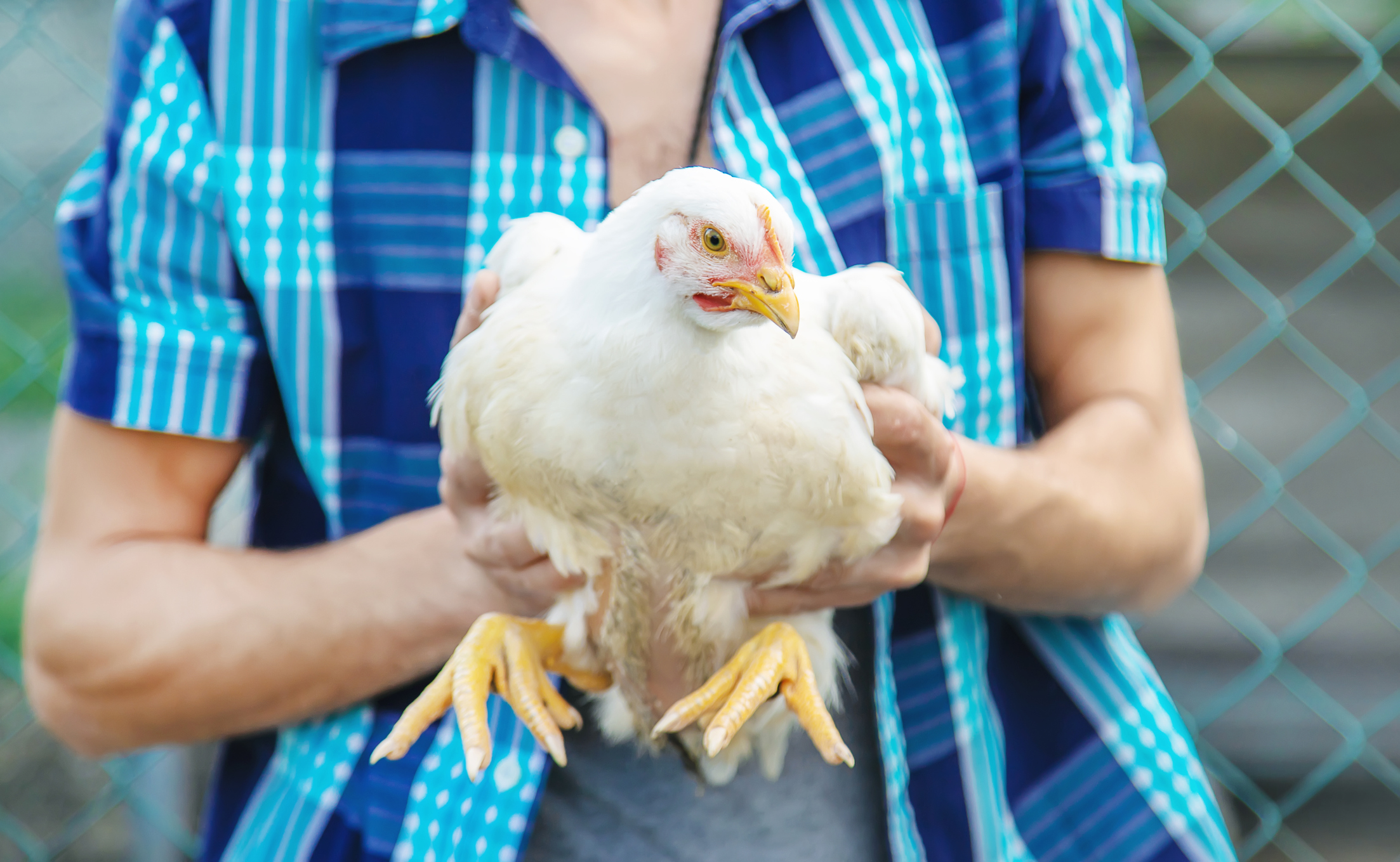A recent court case in California allowed two animal rights activists to go free after “rescuing” two chickens from a Foster Farms farm. Prosecutors say it was a one-off and “rescuing” animals from farms is still illegal. Activists are calling it a win for animal rights.
The ambiguity lies in the phrase “suspected neglect.”
The activists claimed the chickens were suffering from neglect and in need of “rescue.” However, they did not call animal control authorities or anyone else, they simply plucked the chickens off the farm and left. Quite simply, they stole the chickens.
Livestock – even those raised on a large farm run by a corporation – are raised carefully for several reasons. If an animal is ill, it has the potential to spread that illness to the other animals. If an animal is under-nourished or does not have access to water, it will likely die, leaving less income for the farmer. Finally, the tagline about “happy cows” is true across all livestock; they thrive when they are allowed to behave in a manner that is natural to them – grazing, avoiding risks, taking naps, occasionally playing, and so on.
The Food and Drug Administration recently updated rules for livestock health, specifically the administration of antimicrobials. Beginning June 23, all antimicrobials normally available for purchase over the counter, will require a prescription from a licensed veterinarian. Additionally, animals identified as having an illness are quarantined and treated until they can rejoin their herd or flock. Most importantly, it is illegal to introduce animals into the food supply chain until after all withdrawal periods have ended; meaning, an animal that received treatment for an illness may not be harvested until all the medication has been metabolized out of their body.
The activist stance is often one that argues raising livestock for profit implies mistreatment. However, that claim is in direct conflict with the claim of profiteering. Livestock without access to proper feed, water, and good environmental conditions mature to harvest weight at a slower rate and produce an inferior quality of meat. If livestock raisers are truly in the market for money, they are doing all they can to ensure every animal in their care is provided with ample amounts of the necessities of life – food, water, and proper movement.
As with all animals, their “happiness” matters. Farmers and ranchers accept and understand caring for an animal through its life cycle does not have to exclude harvesting that animal for meat as the end of that life cycle. A prime example of that is cattle being turned out to graze in the summer. Summer graze is dual purpose: it allows cattle to gain weight as they would naturally do, and it offers benefits to the land including aeration, cultivation of new plant growth, and organic matter being deposited back into the soil (fertilization via manure).
What the “rescue” of chickens, or any other livestock, promotes is a removal of animals from what is familiar to them and from their recognized herd or flock. If activists believe animals have feelings on par with those of people, they should know and understand what they are doing puts them in the position of being a “predator” rather than a “savior.” Livestock instinctively prefer to remain with their kind, left to their own devices. It is why livestock run from people, even if their intentions aren’t harmful.
If anyone observes something they believe is of concern on a livestock operation, the only people who should respond are trained authorities who can assess the situation without the blinders of activism.




